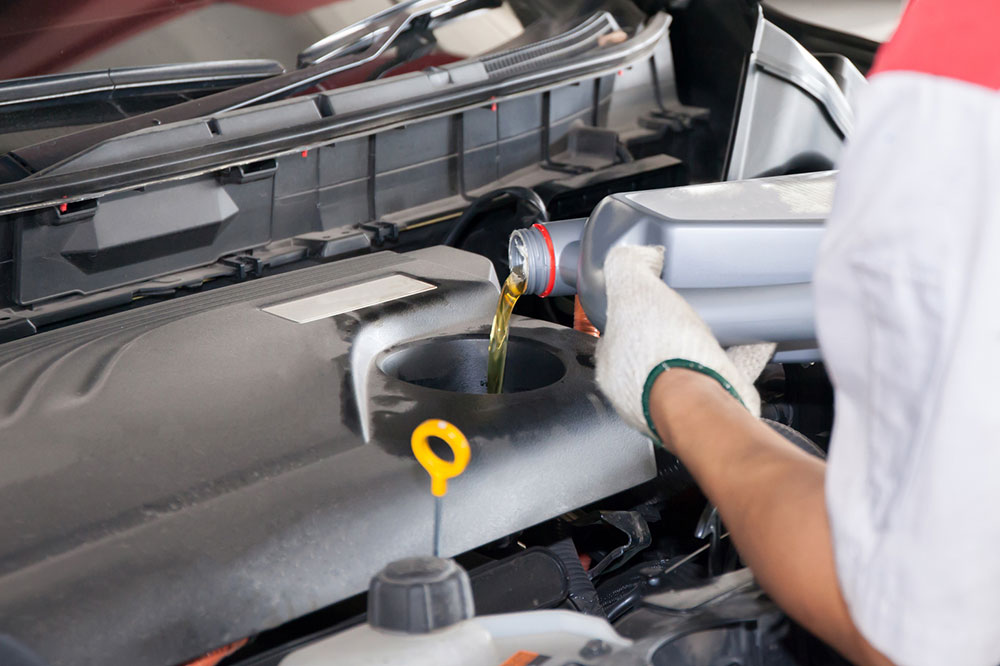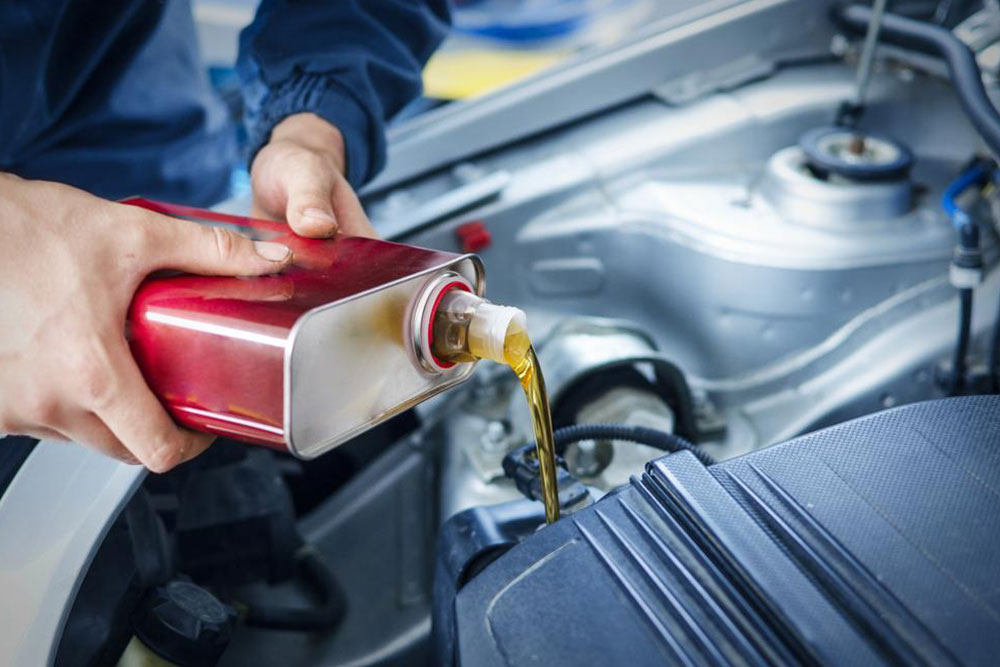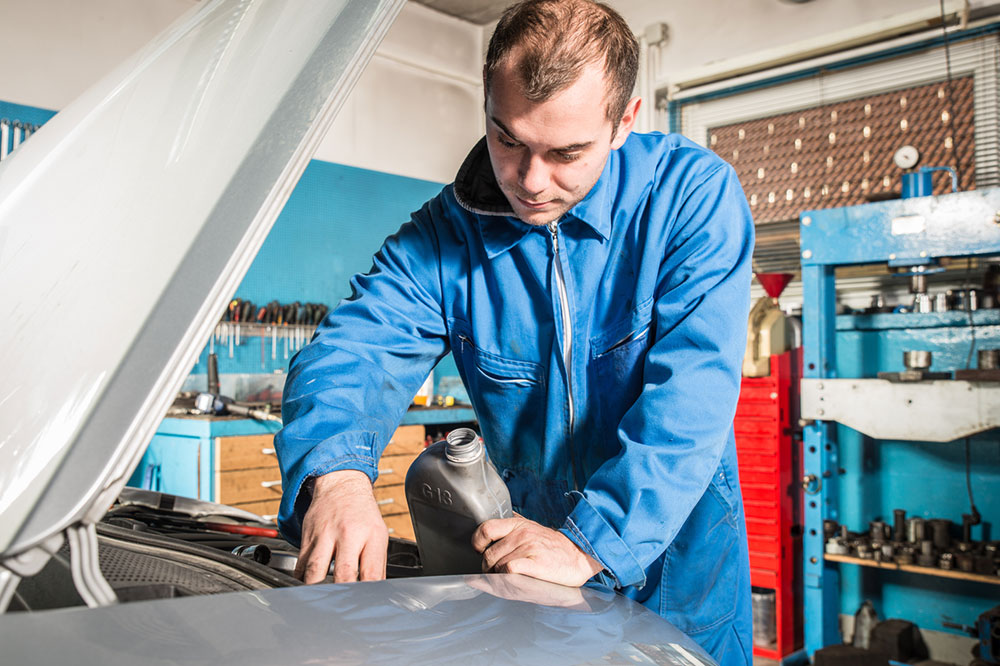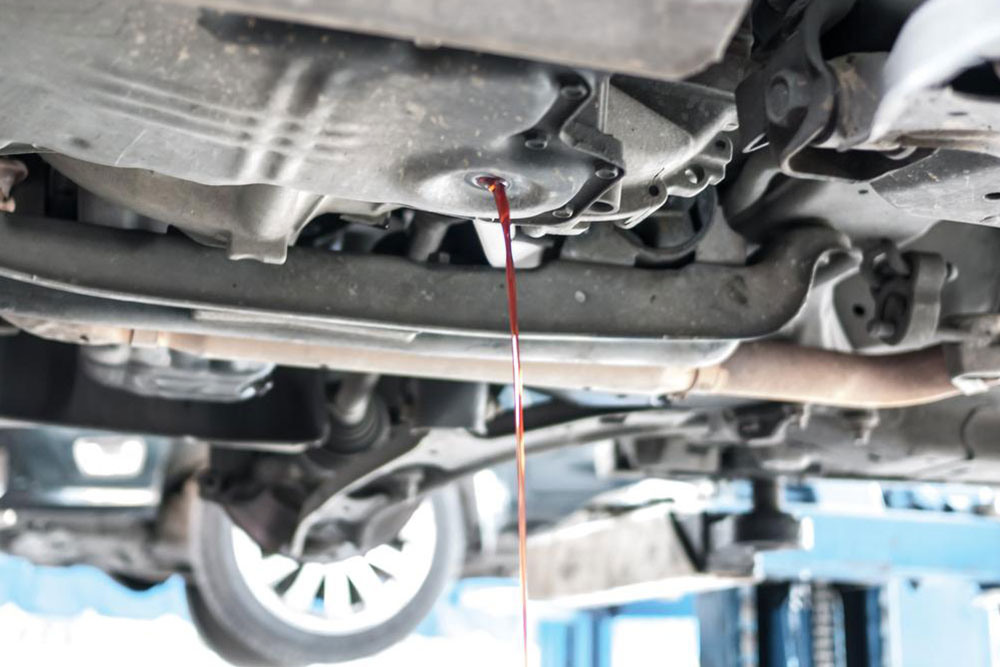Essential Reasons to Regularly Change Your Vehicle's Oil
Learn why regular oil changes are essential for your vehicle's performance and longevity. Discover how fresh oil improves engine efficiency, extends engine life, enhances fuel economy, and benefits the environment. Simple maintenance that saves you money and keeps your car running smoothly.
Sponsored

Car owners who love their vehicles and enjoy driving know that routine maintenance is key to longevity. Regularly replacing your vehicle's oil is a simple yet crucial step to prevent sudden breakdowns and costly repairs. Many neglect this simple task, risking engine damage. In this article, we explore the vital benefits of timely oil changes and why they should be a priority for every driver.
Ensures Smooth Engine Operation
Engine oil provides necessary lubrication, helps keep the engine cool, and prevents dust and debris from accumulating inside.
Friction between metal components generates heat, risking engine overheating. Fresh oil reduces friction, maintains optimal lubrication, and keeps internal parts clean by removing dirt buildup. Over time, oil degrades and becomes less effective, underscoring the importance of scheduled oil replacements.
Boosts Engine Longevity
Regular oil changes are vital for extending your engine's lifespan. Clean oil ensures the engine components work smoothly, reducing wear and tear. Dirty oil can cause damage, leading to expensive repairs and premature engine failure. Investing in routine oil maintenance saves you time, money, and worry.
Enhances Fuel Efficiency
Maintaining clean, fresh oil helps your vehicle achieve optimal fuel economy. An engine running smoothly with minimal friction uses fuel more efficiently, resulting in fewer stops for refueling and savings on gas expenses.
Supports Eco-Friendly Driving
Old, dirty oil leads to increased emissions of harmful hydrocarbons, polluting the environment. Regular oil changes help reduce these emissions, enabling your vehicle to pass emission tests easily and decreasing its overall environmental footprint.






